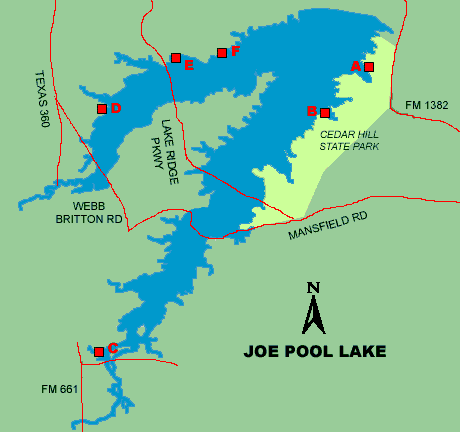When you ask a Texas oil and gas or real estate attorney to draft a deed for you, one of the first things they will ask you is just what do you want to convey: the surface, the water rights, the mineral interest, only royalties from the mineral interest or some combination of these? The reason is that a properly prepared deed must be specific about what is conveyed, and must use the correct language to do so. Otherwise, you or your heirs could end up in court over the deed’s meaning. Recently, the Texas Court of Appeals decided a case that demonstrates the confusion that occurs when the language in the deed is not clear.
In Reed v. Maltsberger/Storey Ranch, LLC, the court examined a 1942 deed in order to determine whether it meant to convey a mineral interest or simply a royalty interest.The deed said it conveyed “an undivided one-fourth (1/4) interest in and to all of the oil, gas and other minerals in and under and that may be produced from” certain lands in LaSalle County, Texas. The 1942 deed acknowledged that, at the time the deed was signed, the described lands were subject to an existing oil and gas lease:
And said above described lands being now under an oil and gas lease originally executed in favor of L.V. Chenoweth, Trustee and now held by said L.V. Chenoweth, Trustee, it is understood and agreed that this sale is made subject to said lease, but covers and includes one-fourth (1/4) of all the oil royalty and gas rental or royalty due and to be paid under the terms of said lease, insofar as it covers the above described property. (Emphasis added)
 Texas Oil and Gas Attorney Blog
Texas Oil and Gas Attorney Blog


